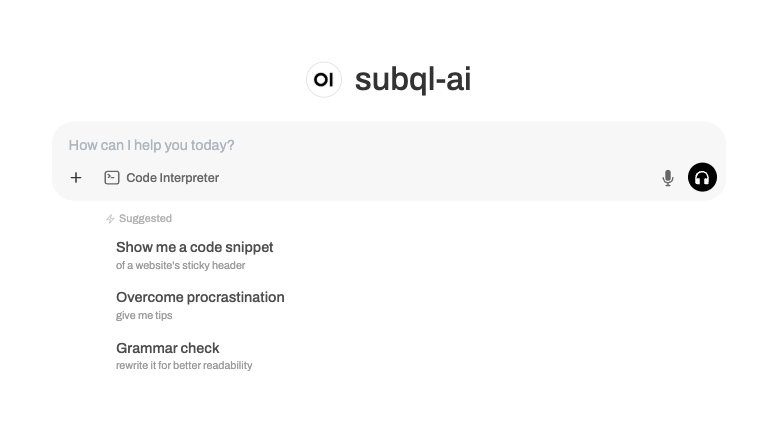Japan’s FSA Unveils New Crypto Brokerage Category With Relaxed Rules
Japan’s Financial Services Agency (FSA) has unveiled plans to create a new business category for.. The post Japan’s FSA Unveils New Crypto Brokerage Category With Relaxed Rules appeared first on .

Japan’s Financial Services Agency (FSA) has unveiled plans to create a new business category for cryptocurrency intermediaries, signaling a significant shift in the country’s regulatory approach.
According to a 21 November 2024 report by Nikkei, the proposed “crypto asset/electronic payment method intermediary” would allow intermediaries to operate under less stringent legal requirements compared to traditional cryptocurrency exchanges.
日本金融庁が仮想通貨仲介業を新設へ=日経https://t.co/fLRROvqULo
— コインテレグラフジャパン – Cointelegraph Japan (@JpCointelegraph) November 21, 2024
Aimed at streamlining operations for businesses, this move seeks to incorporate virtual assets into their services while maintaining oversight through registered exchanges.
DISCOVER: Bitbank Unveils Worldwide Investment Subsidiary, Aims To Back New Blockchain Projects
New Framework To Support Crypto Innovation
The FSA’s proposed category, revealed during a Financial System Council meeting on 21 November 2024, could address challenges faced by businesses looking to deal with stablecoins and cryptocurrencies.
Current regulations require all intermediaries to register as full-fledged crypto exchanges, a process often described as cumbersome due to strict anti-money laundering (AML) and counter-financing of terrorism (CFT) requirements.
Under the new framework intermediaries would act as facilitators between users and registered exchanges. However, they will not be permitted to manage or take custody of customer assets.
This setup could, for instance, enable seamless use of virtual currencies in gaming environments for purchasing NFTs or other digital assets.
“When game companies, telecommunications providers or other entities with large customer bases act as intermediaries for crypto transactions, the nature of these transactions might fall under ‘intermediation’ as defined by the Payment Services Act,” the FSA stated.
Moreover, the intermediaries would operate under the supervision of exchanges also bearing the liability for compliance, highlighting the need for a crypto ecosystem and its willingness to adapt to regulatory frameworks.
DISCOVER: Japan’s DPP Leader Proposes Lowering Crypto Gains Tax To 20%, If Elected
Strengthened Regulatory Framework For Crypto Asset Exchange Services
Japan’s regulatory landscape for cryptocurrency has evolved with the introduction of the revised Payment Services Act (PSA) in 2017, which laid the foundation for Crypto Asset Exchange Services (CAES) and their providers (CAESPs).
Initially, the regulations primarily focused on user protection. However, high-profile hacking incidents targeting CAESPs prompted Japanese authorities to implement stricter regulations.
In early 2022, Japan demonstrated a proactive approach to blockchain technology by establishing the Web3 Project Team, formerly known as the NFT Policy Review Project Team.
By summer 2022, the government incorporated Web3 development into its broader economic growth strategy.
The Web3 strategy encompassed key regulatory advancements, including the introduction of stablecoin-specific regulations and the clarification of whether non-fungible tokens (NFTs) qualify as crypto assets.
EXPLORE: Thailand SEC Approves First Spot Bitcoin ETF
Balancing Innovation, Lowering Entry Barriers For Businesses
The current process had earlier been criticized for its complexity, with many applications either delayed or rejected due to stringent rules. By introducing a more accessible framework, the FSA seeks to lower barriers for businesses entering the crypto space.
Limiting intermediaries to transaction facilitation will essentially cut risks and simplify crypto integration for businesses. For instance, gaming companies could enable players to use cryptocurrencies for in-app purchases, bypassing traditional prepaid methods.
With the framework, the FSA’s intends to balance innovation with risk management. “This proposal comes as the demand for integrating virtual assets into mainstream business services continues to grow,” the FSA highlighted in a video conference.
Meanwhile, Japan’s evolving crypto policies are set to prioritize technological advancements within a structured regulatory landscape, amid rising global competition in blockchain technology.
The post Japan’s FSA Unveils New Crypto Brokerage Category With Relaxed Rules appeared first on .
What's Your Reaction?








































.png)









































